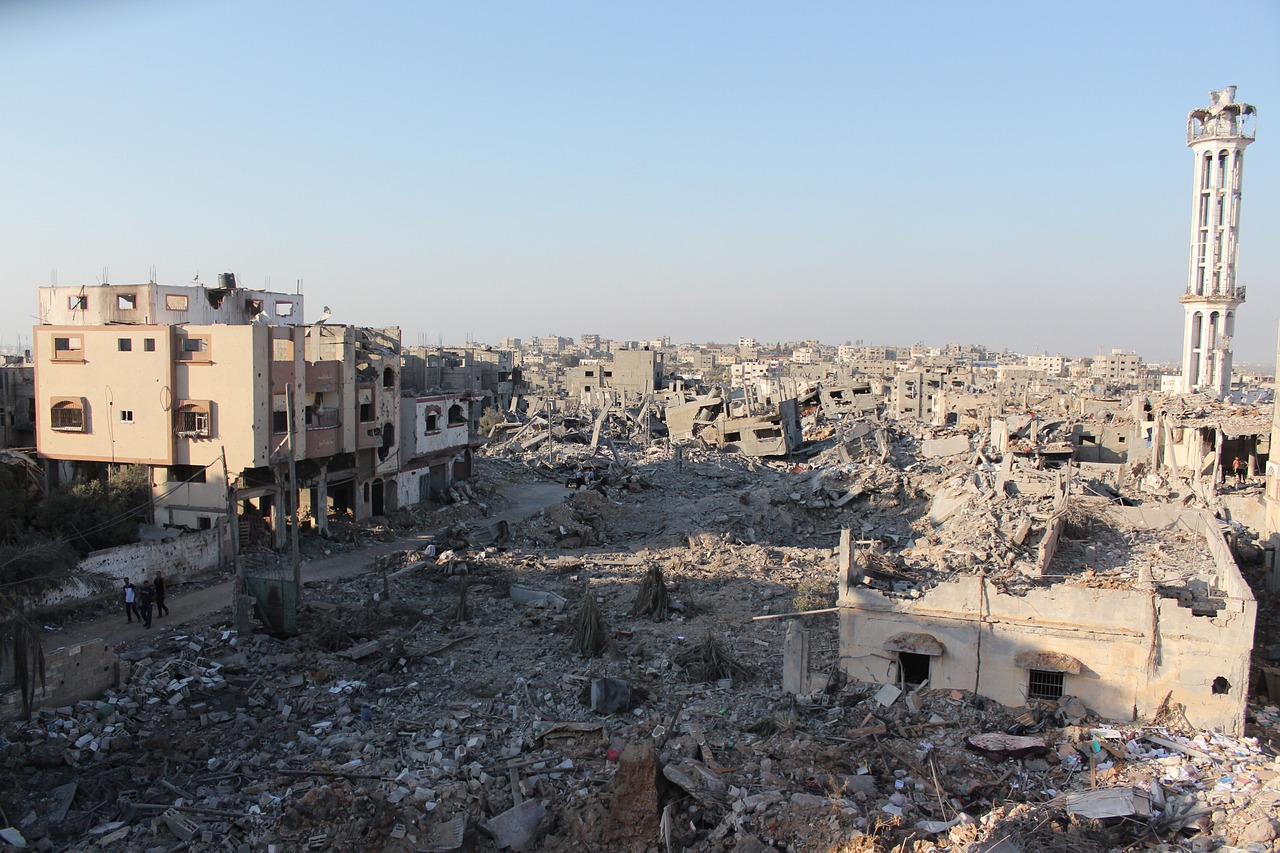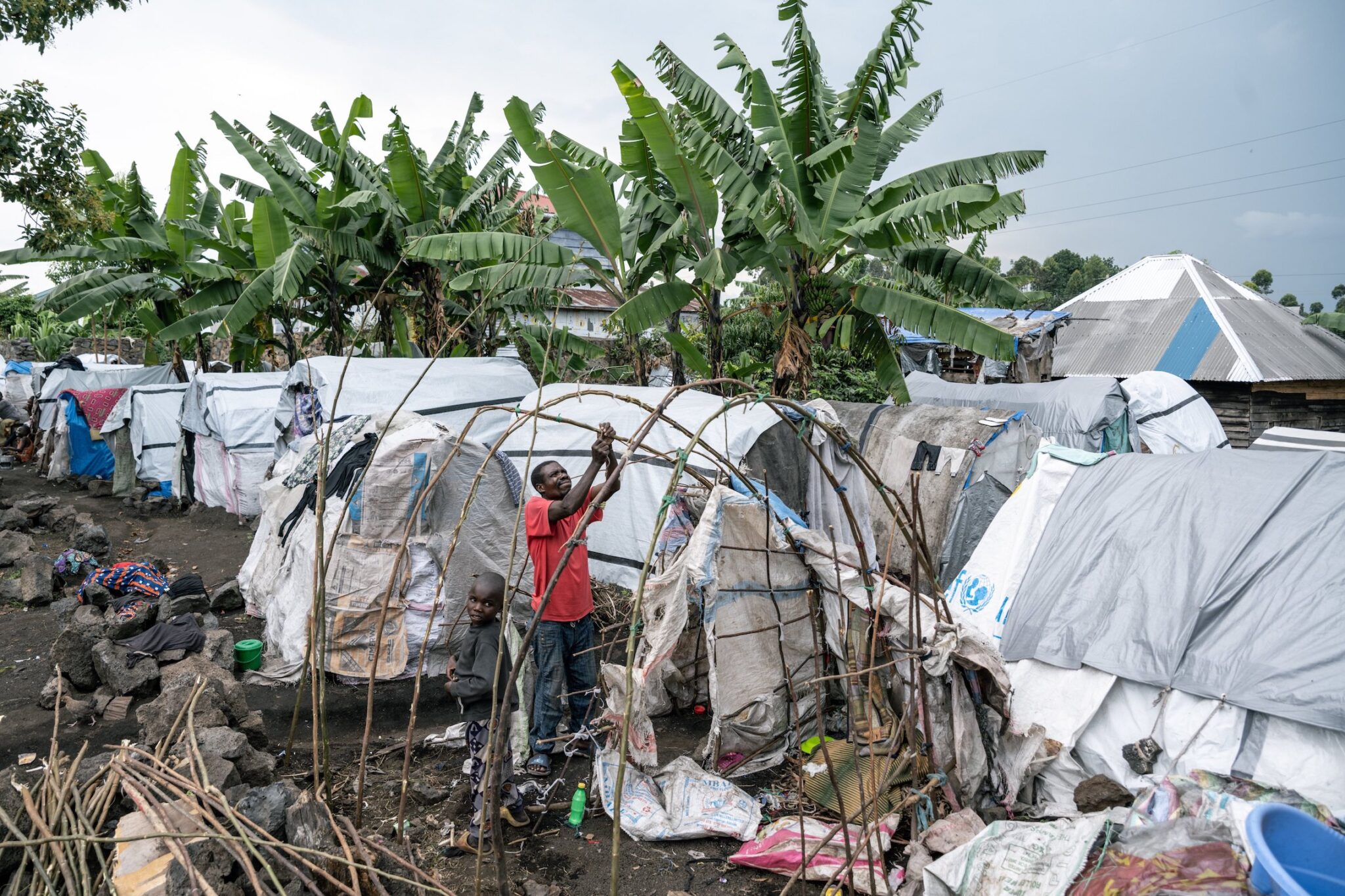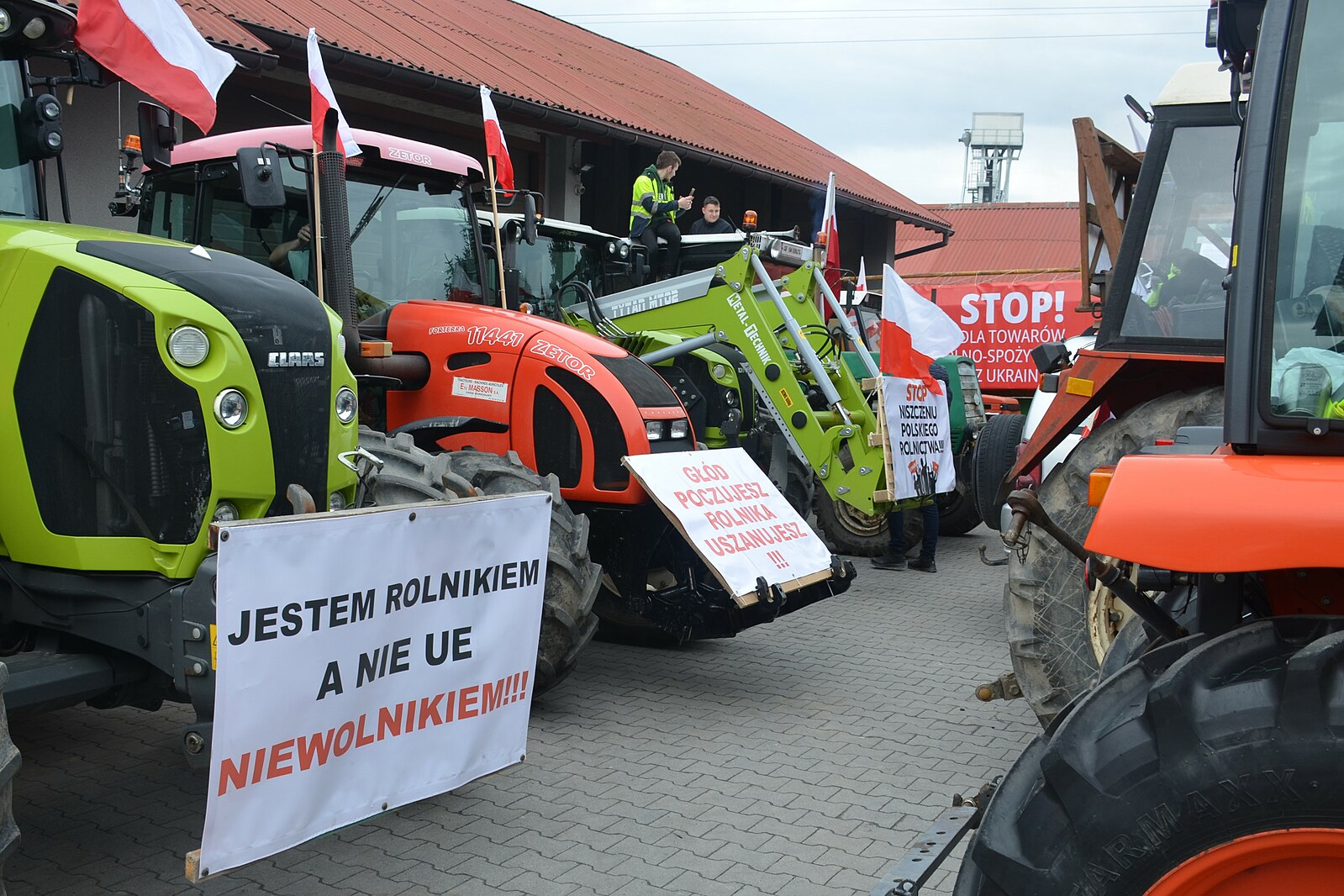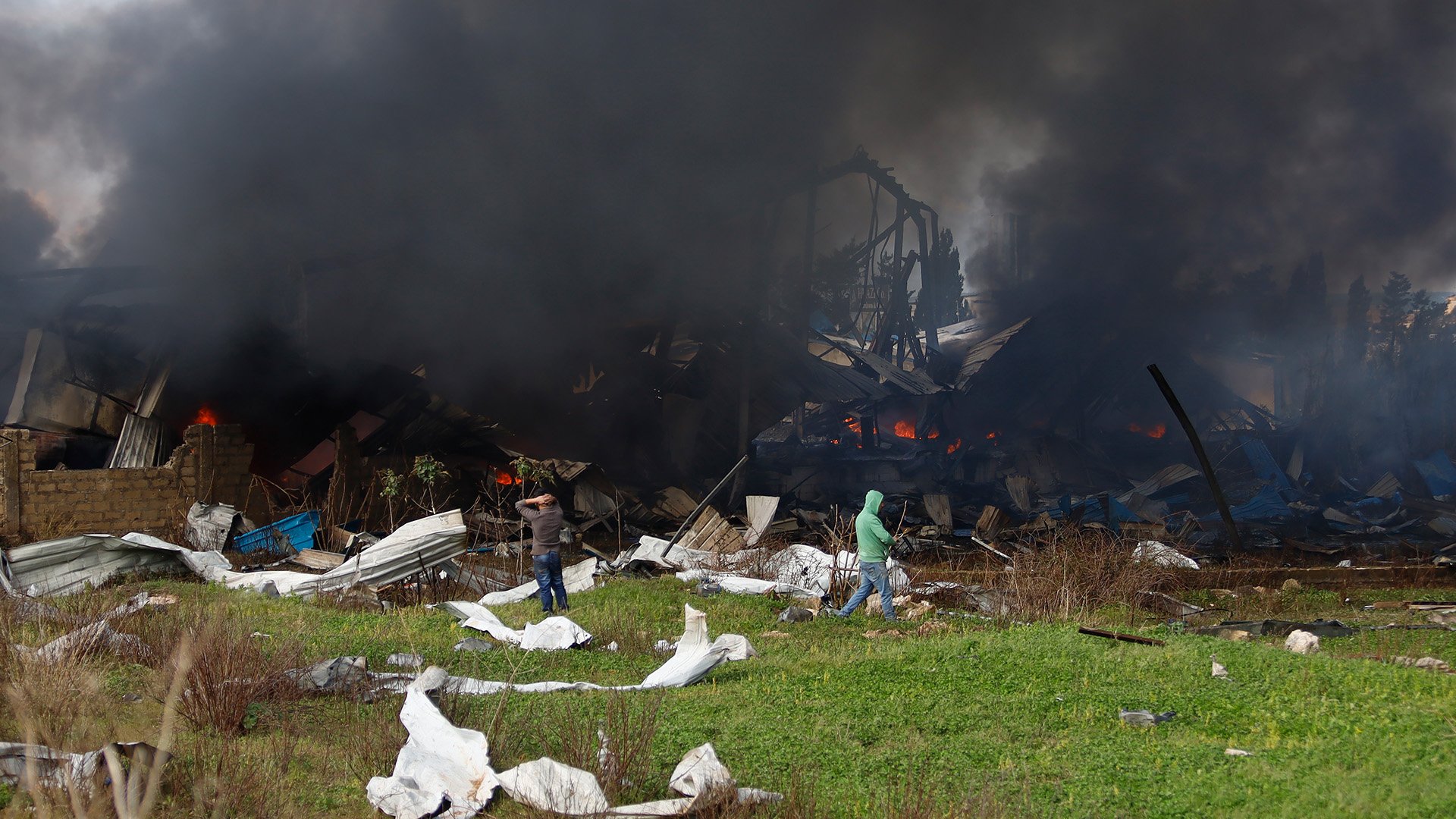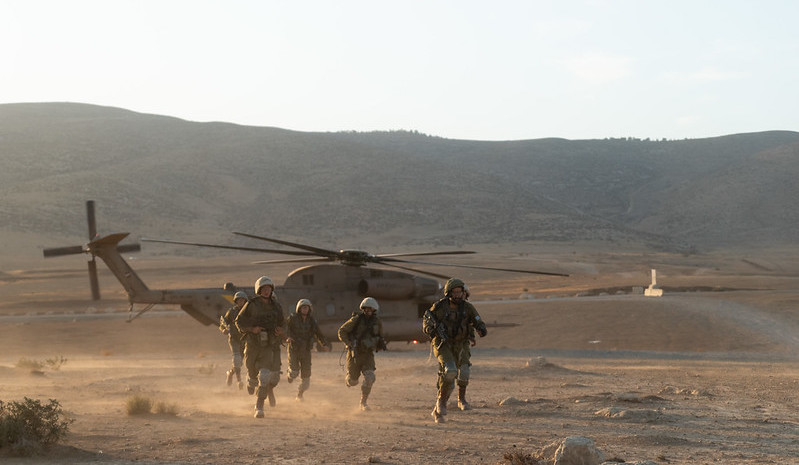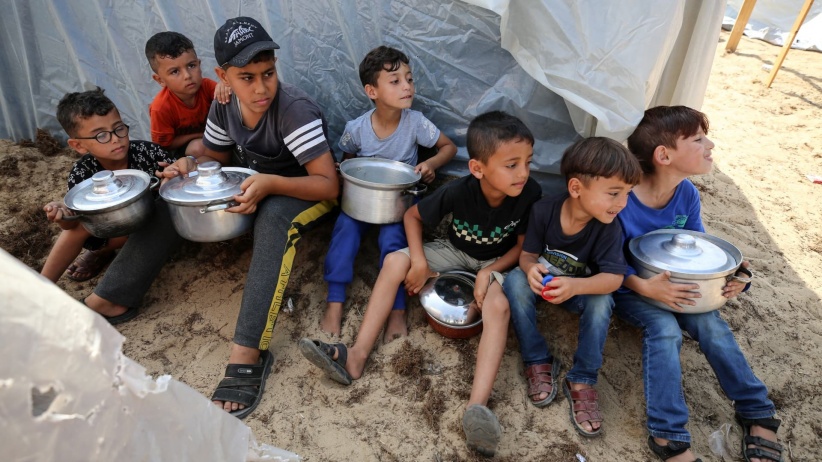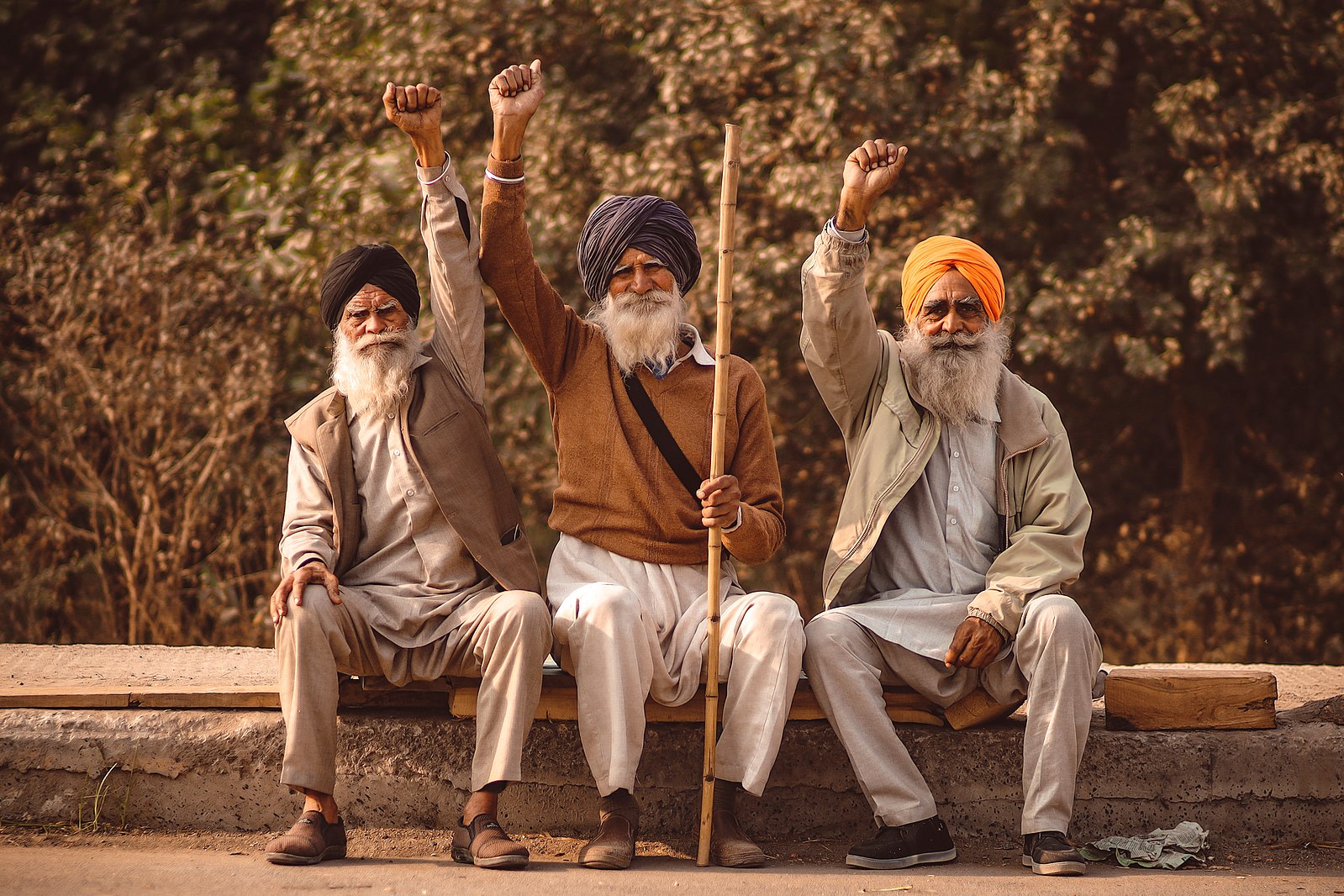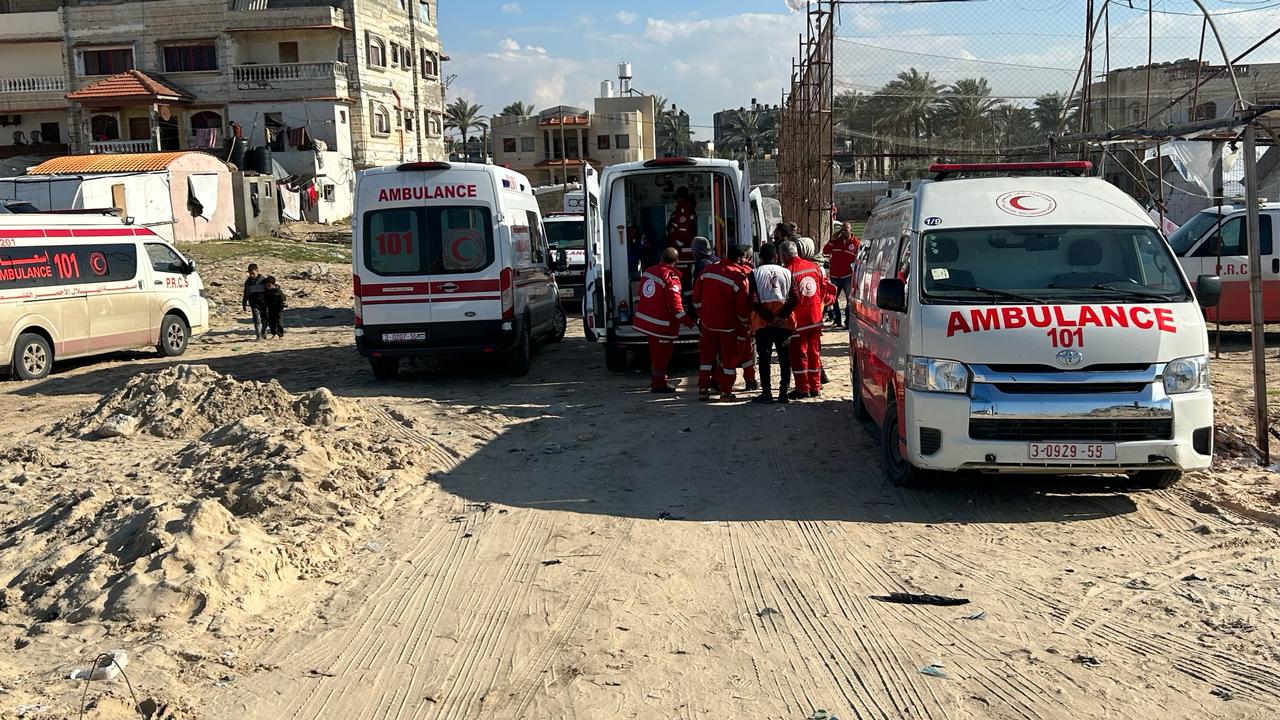
Gaza aid groups brace for Israeli invasion of Rafah
As Israel continues to threaten a full-scale assault on Rafah in southern Gaza, aid organizations are scrambling to try to prepare to respond to the catastrophic humanitarian impact a ground invasion is expected to have. Facing a severe scarcity of supplies and resources, people involved in the effort say whatever preparations they are able to make will undoubtedly fall far short of the needs. (Photo: Mohamed Solaimane/TNH)



